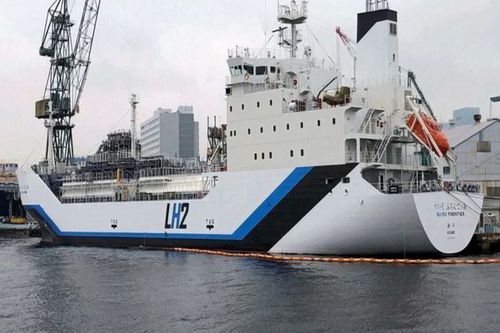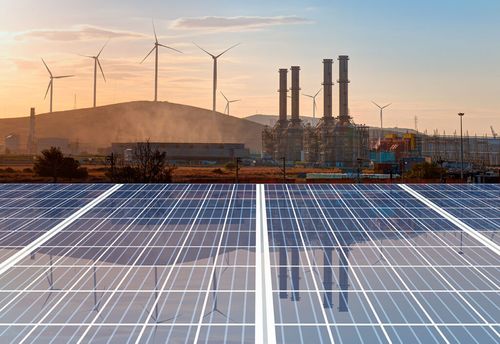The Canadian government has released details of the Clean Hydrogen Investment Tax Credit (ITC) announced in the Fall Economic Statement.
The government release also includes details on the ITC for clean technology manufacturing and carbon capture and sequestration.
The ITC includes the following key design features for clean hydrogen:
- The levels of support will vary between 15 and 40 per cent of eligible project costs, with the projects that produce the cleanest hydrogen receiving the highest levels of support.
- The Clean Hydrogen Investment Tax Credit will also extend a 15 per cent tax credit to equipment needed to convert hydrogen into ammonia, in order to transport the hydrogen. The tax credit will only be available to the extent the ammonia production is associated with the production of clean hydrogen.
- Labour requirements will need to be met to receive the maximum tax credit rates. If labour requirements are not met, credit rates will be reduced by ten percentage points. These labour requirements will come into effect on October 1, 2023.

“The comprehensive ITC announced in the budget sets the stage for Canada to compete on a global level against the backdrop of strong support mechanisms in other jurisdictions, particularly, the US Inflation Reduction Act (IRA),” World Energy GH2, a developer of green hydrogen projects, said in a prepared statement. “The ITC must be coupled with contracts for difference (CfDs) as part of the Canada Growth Fund to make our country truly competitive with the US IRA. CfDs are not just about de-risking investments for project developers, they are also an investment vehicle which can return funds to the Canada Growth Fund as the global market for green hydrogen develops.”
Trade association Renewable Industries Canada called the announcement “a start” but added noted that a significant low-carbon competitiveness gap remains.
“RICanada is urging the federal government to work closely with the biofuels industry in Canada to accelerate its growth. Specifically, RICanada is asking the government to prioritize recommendations made by the biofuel industry and its partners in the agriculture sector in recent years, in relation to the Clean Fuel Regulations announced in 2016,” the group said in a news release. “These recommendations include accurate carbon accounting, incenting capacity building investments, carbon border adjustments and avoiding administrative pitfalls and delays that could prevent true carbon reductions, like biofuels, from being implemented effectively and remaining competitive in light of the incentives offered in the US.”








